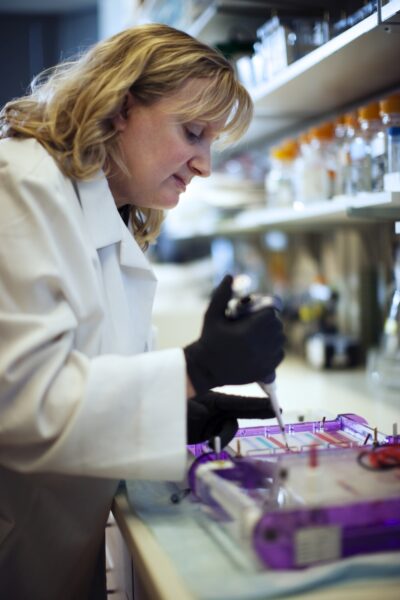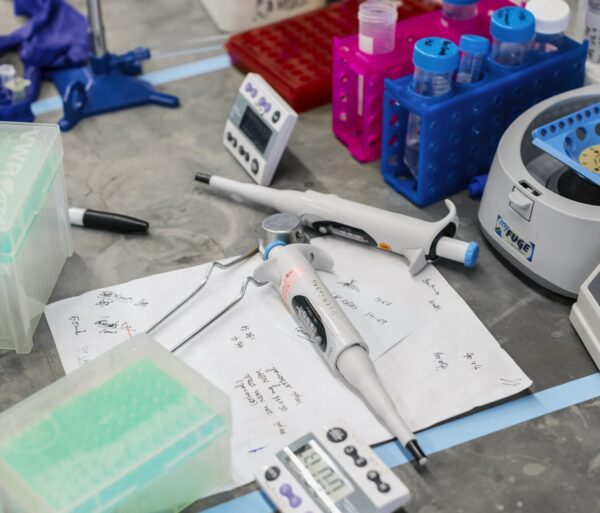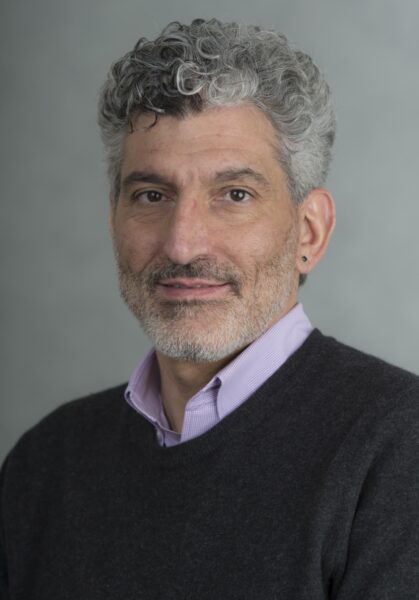
The Brain Research Foundation seed grant that funded the work of Dr. Kathleen Millen exemplifies how the Foundation fosters innovative collaboration among scientists.
Dr. Millen, an assistant professor in the University of Chicago’s Department of Human Genetics, has spent most of her career studying the genetics of brain development in the mouse. Yet her seed grant funded research to identify a genetic susceptibility to autism in humans. Dr. Millen, a basic scientist, is collaborating with Dr. William Dobyns of the Department of Human Genetics and Dr. Edwin Cook of the Department of Psychiatry at the University of Chicago. Both are also members of the Brain Research Institute and are world experts in children’s brain malformations and autism genetics respectively.
Dr. Millen’s work was to test evidence that developmental abnormalities of the cerebellum—the large region of the brain located in the back of the skull—contribute to profound emotional disturbances in children, including autism. In mice, Dr. Millen has identified several genes which cause cerebellar malformations. These malformations are similar to those seen in children with Dandy Walker Malformation (DWM). Patients with DWM can have a variety of problems including mental retardation and even autism. Because the mouse and human genomes are over 90 percent identical, Dr. Millen’s mouse data is directly applicable 13 to human genetic research. Together with Dr. Dobyns and Ph.D. student Inessa Grinberg, Dr. Millen has identified genes that cause DWM.
Using the seed grant, Dr. Millen tested the hypothesis that these newly identified DWM genes also contribute to autism susceptibility. This is based on the observation that many children with autism have mild cerebellar malformations. Autism affects an estimated 1.5 million Americans. Being able to identify specific genes related to autism will help doctors diagnose and begin treating autism earlier. Today, most children aren’t diagnosed with autism until they are 18 to 24 months old. Research indicates that early diagnosis and intervention can dramatically improve their quality of life. Dr. Millen cautions, however, that because there are likely 20 or more genes associated with autism, this study is just a tiny step forward.
The seed grant allowed her to apply her knowledge of mouse development and genetics to a significant human problem. “Because my background is primarily in mouse genetics, it is difficult to obtain funding to work on problems in human genetics. My current work on human cerebellar malformations and autism is only possible because the Brain Research Foundation was willing to make that leap of faith,” she said.



